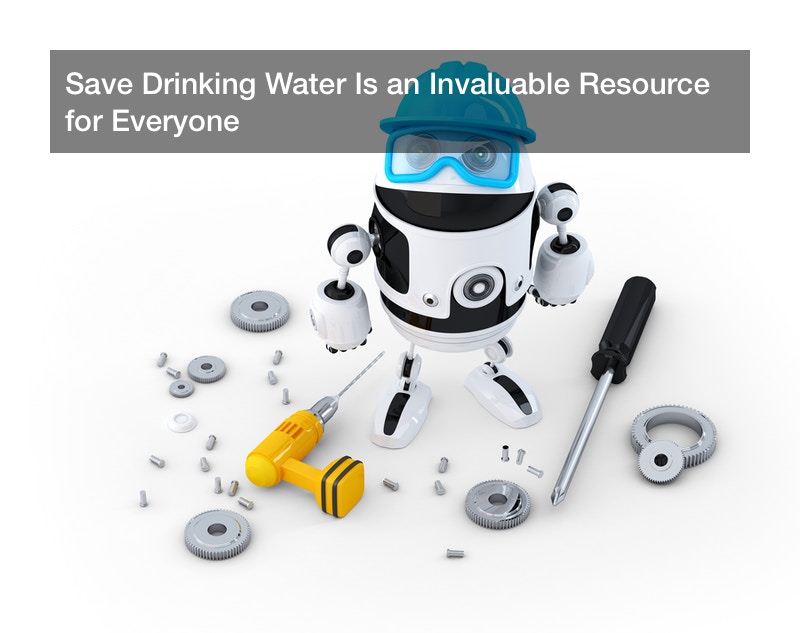Save Drinking Water Is an Invaluable Resource for Everyone


One of the latest made for television news documentaries chronicles the events leading up to and following the Chernobyl disaster. Presented as a four part series, the information that is presented is both frightening and prophetic. As the nation continues to deal with a government that seems to be dismantling previously enforced regulations, in fact, there are many people who watch the series and wonder how safe we are today.
And while nuclear reactors may seem to be a problem that is far removed, there are many people who are very concerned about the safety of the water that they use to feed and bathe their family. From water trough liners for temporary storage tanks to corrosion resistant tank linings in permanent water sources, it is important to know that there are many places in the country where the quality of the available water is not as safe as it should be.
Water Storage Tank Liners Offer a Number of Different Safety Levels in Many Conditions
The latest heavy-duty flexible tank liners that are used for water resources and other containment products can help people make sure that there are processes in place to help us live the lives we are accustomed to. Consider some of these facts and figures about the use of water trough liners and other kinds of tanks that are are used in our day to day lives:
- Underground storage tanks of 110 gallons or less are not subject to federal regulations, according to the Environmental Protection Agency (EPA).
- Indicating its reliability, steel has been used to store and transport water for more than 150 years.
- 100% of water tanks containing water for human consumption require protective linings and coatings.
- The EPA maintains a list of 140 chemicals that when they are stored in large enough quantities require their owners to submit a plan for risk management to federal regulators.
- Unfortunately, there are water storage tanks still in use that are more than 100 years old.
- Some agencies find it alarming that according to the EPA, underground storage tanks of 110 gallons or less are not subject to regulations by the federal government.
Few television specials are as scary or frightening as the real life events that have plagued the history of this world. There is always hope, however, that a made for television series about one of the world’s worst nuclear disasters will serve as a warning for future generations.
